Our Team
We are a team of faculty, staff, students, and research partners that collaborate to achieve our collective mission to address society’s most pressing food issues for human and planetary health. If you are interested in collaborating with our team, please reach out through the lab’s Contact Page or send us an email.
Jump to:
Principal Investigators
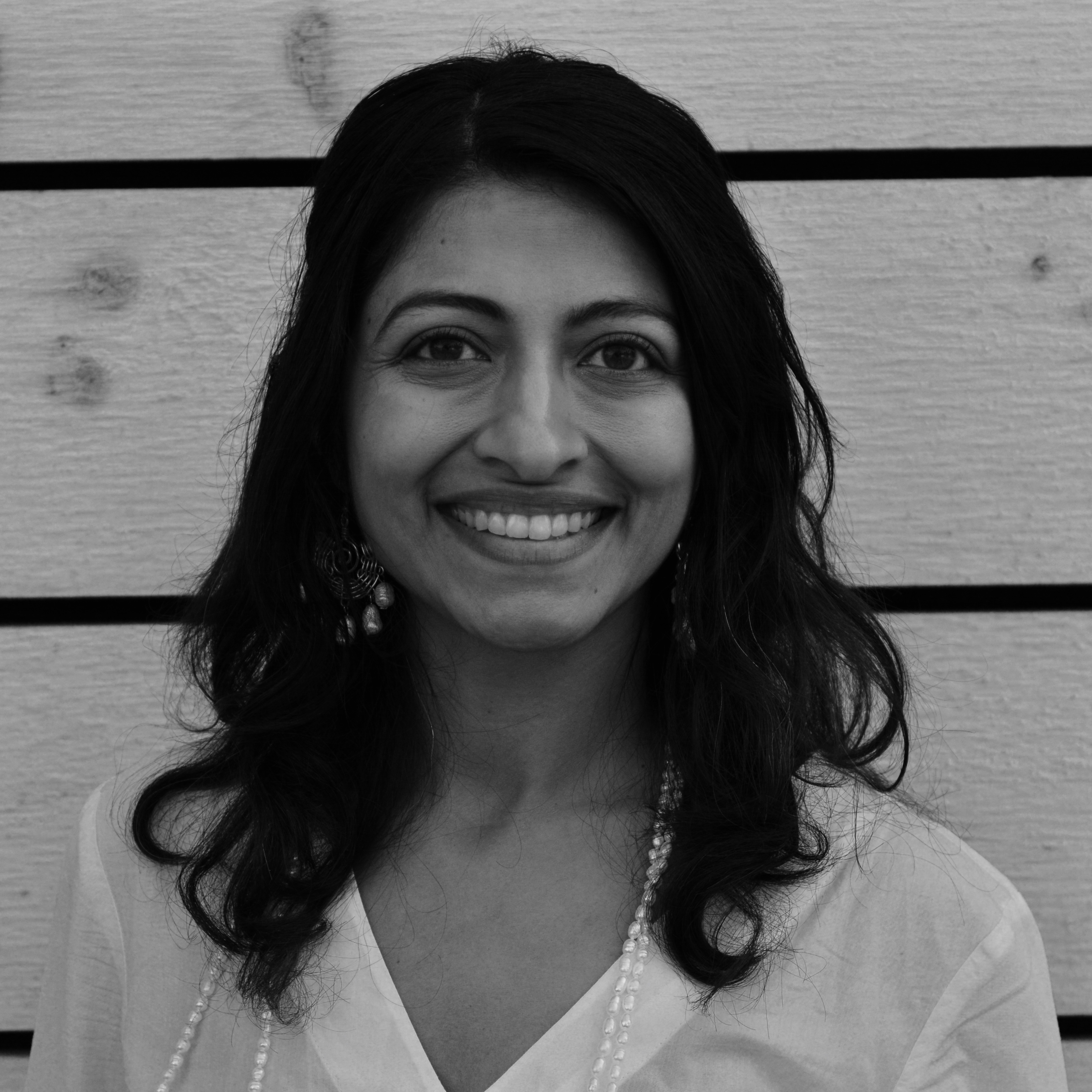
Selena Ahmed
I am an ethnobotanist with research and outreach interests at the intersection of the ecological, cultural, and health aspects of food systems. In particular, I am interested in identifying the socio-ecological determinants of wellbeing in the food system with a focus on wild and cultivated food environments. Since 2003, I have carried out transdisciplinary food systems research in a range of ecological and cultural contexts in indigenous and rural communities in China, India, Morocco, Venezuela, Belize, the Dominican Republic, and the United States. This work involves quantifying the influence of agricultural practices, food environments, and traditional ecological knowledge on biodiversity, ecosystem services, crop quality, livelihoods, food security, and diets in the context of global change. The ultimate translational goal of my collaborative research program is to transform the food system through evidence-based innovations that support local, national, and global food security and enhance sustainability. Towards this goal, I focus on the following three priority areas:
- Sustainable Agriculture, Biodiversity, and Global Change
- Food Environments, Food Security, and Sustainable Diets
- Building Capacity of Future Food System Leaders
The theories and methods driving my transdisciplinary research draw from training in chemical ecology and clinical nutrition (NIH TEACRS postdoctoral research at Tufts University); biology, plant sciences, and phytochemistry (PhD at the City University of New York and the New York Botanical Garden); cultural anthropology and ethnobotany (MSc from the University of Kent at Canterbury); and economics (BA from Barnard College).
I serve as the Director for the Translational Biomarkers Core at MSU; Advisory Committee Member and Traditional Foodways Working Group Member of People & Plants International; Scientific Review Committee Member for the National Socio-Environmental Synthesis Center (SESYNC); Co-Founder of Shoots & Roots Bitters; Research Partner for the Real Food Campaign of the Bionutrient Food Association and; Associate Editor for: (i) Elementa: Science of the Anthropocene, (ii) Food Security: The Science, Sociology and Economics of Food Production and Access to Food; (iii) Frontiers of Sustainable Food Systems and; (iv) Frontiers of Nutrition.
Email: [email protected]
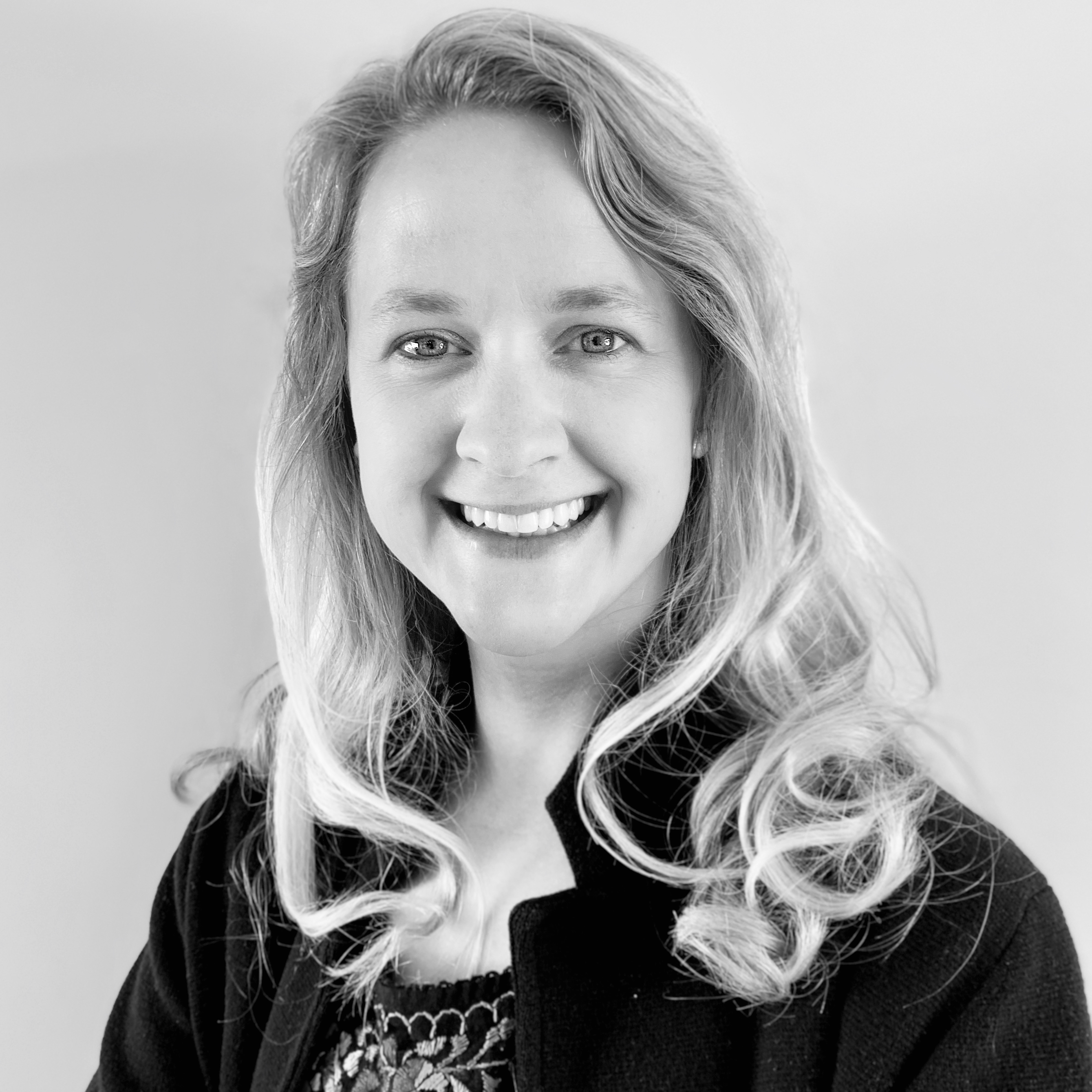
Carmen Byker Shanks
My research program aims to develop contextually specific, evidence-based strategies in food environments that inspire individuals to eat better for the health of the population and the planet. I leverage my nutrition and food systems expertise to influence practices, programs, and policies in the food environment that promote high dietary quality, positively impact health outcomes, and decrease health disparities. I partner with communities, researchers, and students to conduct my research. Across my career, I have been honored to collaborate with schools, food assistance programs, food venues and processors, policy makers, non-profits, farmers and ranchers, and health organizations to sustainably enrich the dietary quality of communities.
I teach within the Food and Nutrition (BS), Sustainable Food and Bioenergy Systems (BS), Sustainable Food Systems (MS), Dietetic Systems Leadership (MS) programs. The courses I currently teach include: Nutrition and Society, Food and Culture, and Research Methods. I rely on my training in pedagogical theory and years of practice to educate and encourage students to identity connections between real-world food systems issues and the course competencies gained during classroom learning. I want students to ask questions that demonstrate critical thinking, be open to new and innovative ideas, and feel responsible for positively influencing the food system and the world around them.
I am a Registered Dietitian Nutritionist (RDN) and hold a BS in Dietetics and a PhD in Human Nutrition from Virginia Tech, USA. I joined the faculty of Montana State University in the Fall of 2011 and jointly initiated The Food and Health Lab to carry out basic, behavioral, and applied research, teaching, and outreach that explores environmental, nutrition, and health linkages.
Email: [email protected]
Creativity, Communications, and Outreach
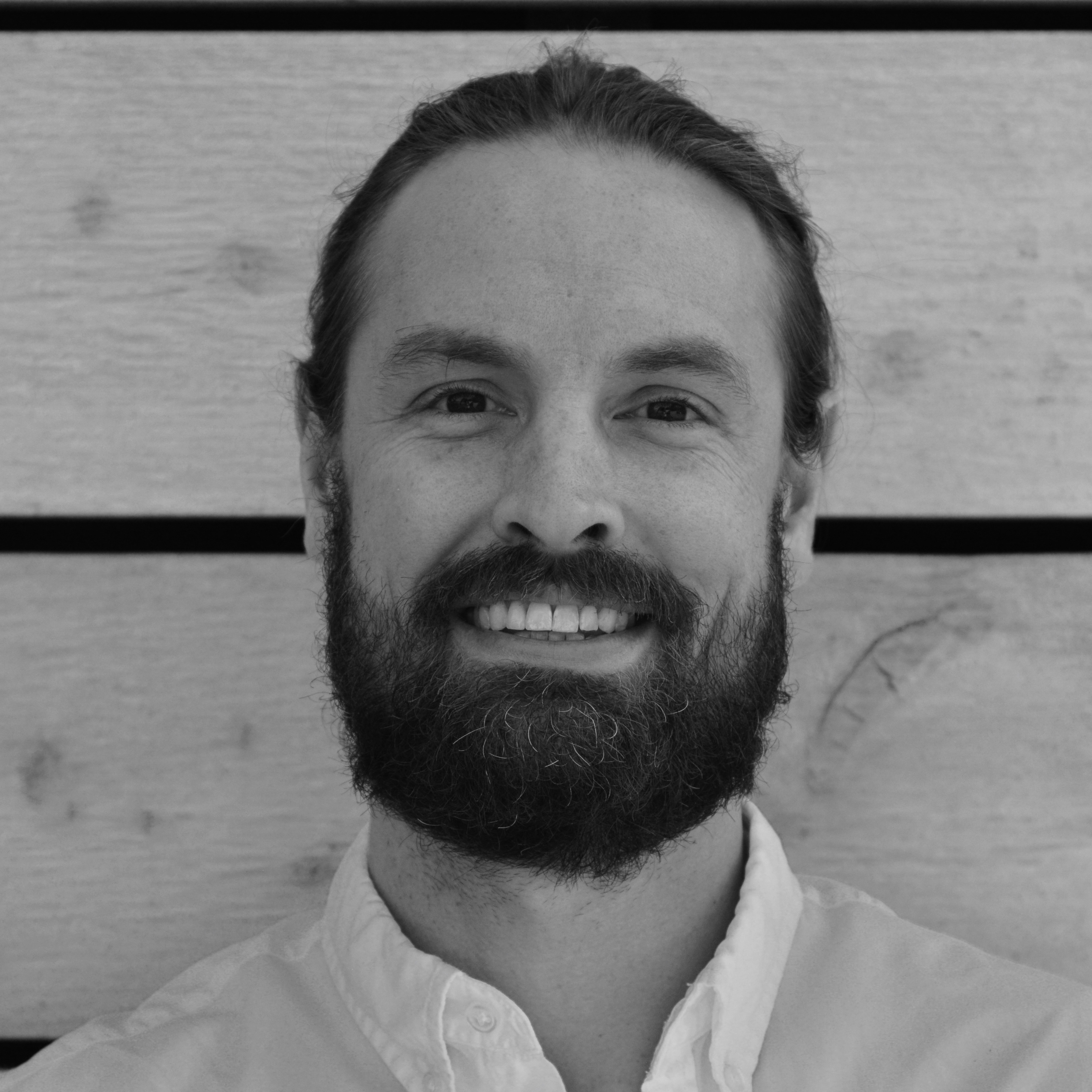
Justin D Shanks
Justin manages a diverse multimedia portfolio to effectively and engagingly translate key messages to both academic and non-academic audiences to represent the mission, vision, and activities of the Food and Health Lab. Justin holds a PhD in Science and Technology Studies (STS), Master of Urban and Regional Planning (MURP), and Master of Arts in English from Virginia Tech as well as a Bachelor of Arts in Environmental Studies (Loyola University Chicago). Prior to his doctoral studies, Justin conducted research focused on childhood obesity, food security, and food access. In partnership with the American Planning Association Planning and Community Health Center, he conducted a nationwide review of planning documents, evaluation of practices, and survey of key stakeholders to understand the relationship between urban planning and food access. Throughout all stages of his interdisciplinary academic background, Justin investigated the importance of cultivating critical understandings of how technology shapes interpersonal interactions. Justin also teaches courses in the Sustainable Foods and Bioenergy Systems (SFBS) program as an adjunct faculty member in the Department of Health and Human Development at Montana State University.

Noah ten Broek
Noah brings his expertise in food and flavor to culinary design for multiple projects of the Food and Health Lab. He has worked in the culinary arts sector for the past 15 years in diverse contexts from making drinks in a beach hut in New Zealand to leading fermentation workshops and hand-rolling artisanal pastas at a farm-to-table restaurant. Noah collaborates with the Food and Health Lab in creating accessible recipes for food security projects that are ecologically and culturally relevant.
Research Team

Roland Ebel
Roland Ebel has dedicated his professional life to the facilitation and the production of sustainable food. He has a PhD in Organic Farming, granted by the University of Natural Resources and Life Sciences Vienna. The thesis project was done in Gran Canaria, Spain, and dealt with organic tomato production. His MS (in horticulture) thesis project about the globe artichoke was implemented at the Technical University Munich. He was worked in five countries: Austria, Germany, Spain, Mexico, USA.
From 2008 to 2014, he was dedicated to the construction of a new university on the Yucatan Peninsula, the Intercultural Maya University of Quintana Roo. In addition to teaching, he served as Department Head and was involved in participatory action research. During this period, he also worked as evaluator for FAO Mexico. From 2014 to 2018, Roland worked at the Autonomous University of the State of Mexico (UAEM), where he emphasized experiential teaching. As of 2018, he is imparting an online Agroecology course for the University of Massachusetts. Since 2019, he serves as Postdoctoral Research Associate at Montana State University, where he contributes to the development of an adaptable Sustainable Food Systems curriculum.
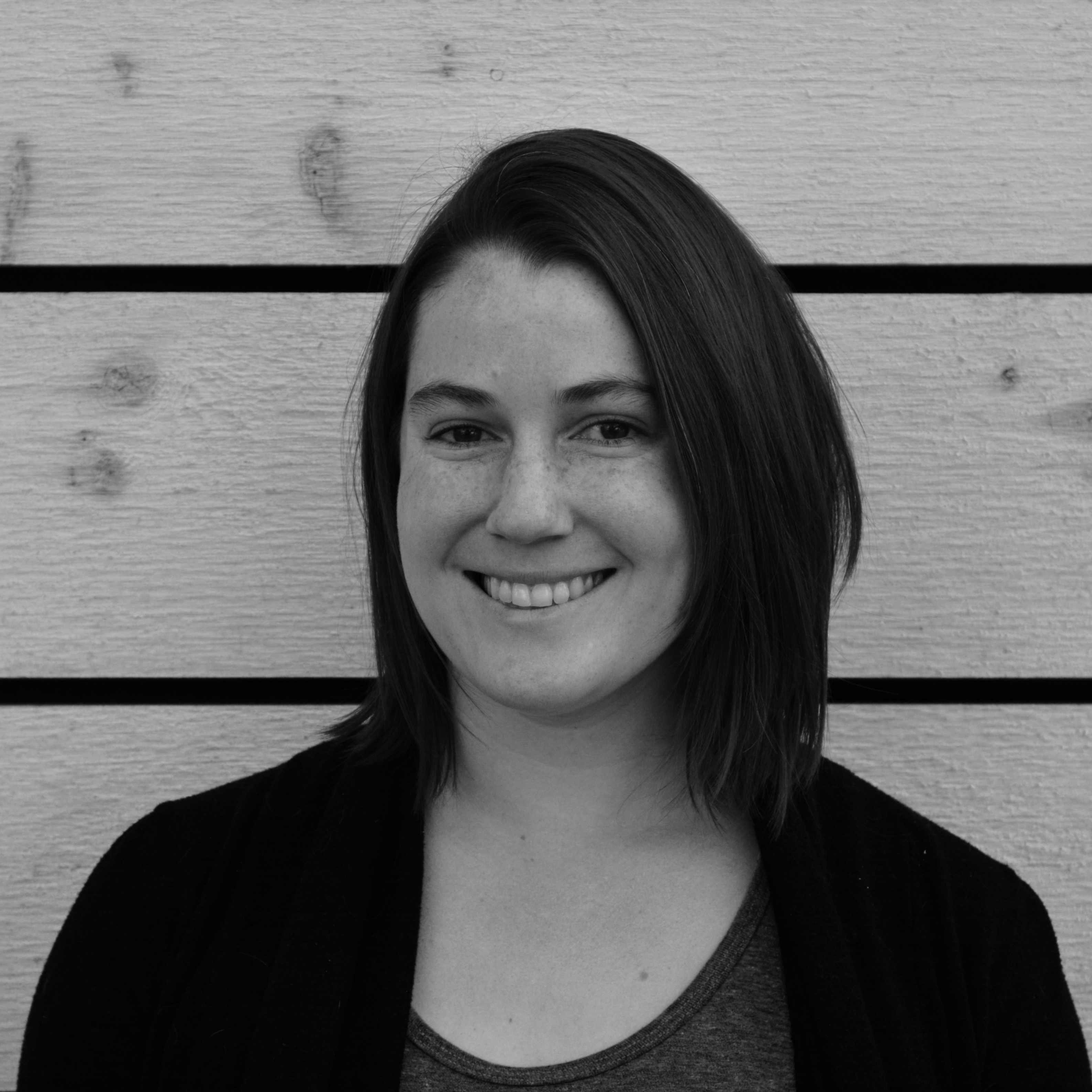
Erin Smith
Erin Smith contributes in various capacities to the NSF-supported Water, Agriculture, Food, Energy, Research Nexus (WAFERx) project including developing and implementing outreach material on sustainable diets and facilitating systematic reviews on various aspects of the food system in the context of global change. Erin’s research interests include sustainable diets, food sovereignty, native food systems, traditional ecological knowledge of wild foods, and food security. Her masters project focused on the consumption, valuation, and diversity of wild foods among residents of the Flathead Indian Reservation in Montana in the context of climate change. Erin Smith received her MSc from the Sustainable Food Systems program at Montana State University.
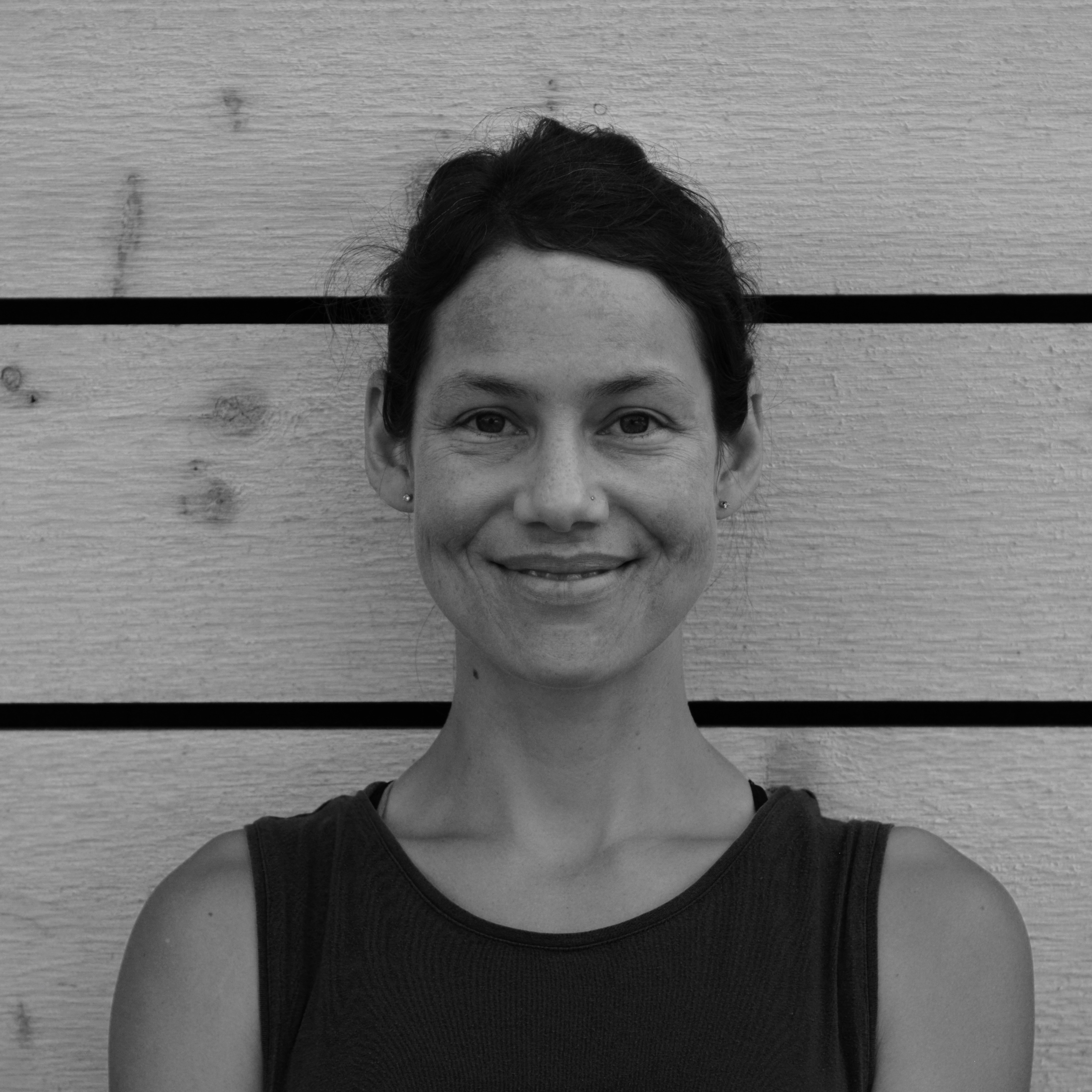
Teresa Warne
Teresa Warne contributes in various research and outreach capacities to the Food and Health Lab with a focus on the NSF-funded Water, Agriculture, Food, Energy, Research Nexus (WAFERx) project including coordinating student projects, data analysis, and leading food system surveys and systematic reviews. Teresa’s research interests are within the pathway through which sustainable food systems and sustainable diets support social and ecological systems. As such, Teresa is interested in locally grown plant-based proteins such as lentils and other pulse crops, and their contribution to support food security and a healthful diet, farmers’ livelihoods, and ecosystem services. Her Masters project, titled The Sustainability Dimension of a North American Lentil System in a Changing World, explored lentil production and consumption as a sustainable food system solution in the context of global change. Teresa Warne received a B.S. in Environmental Science and M.Sc. in Sustainable Foods Systems from Montana State University.

